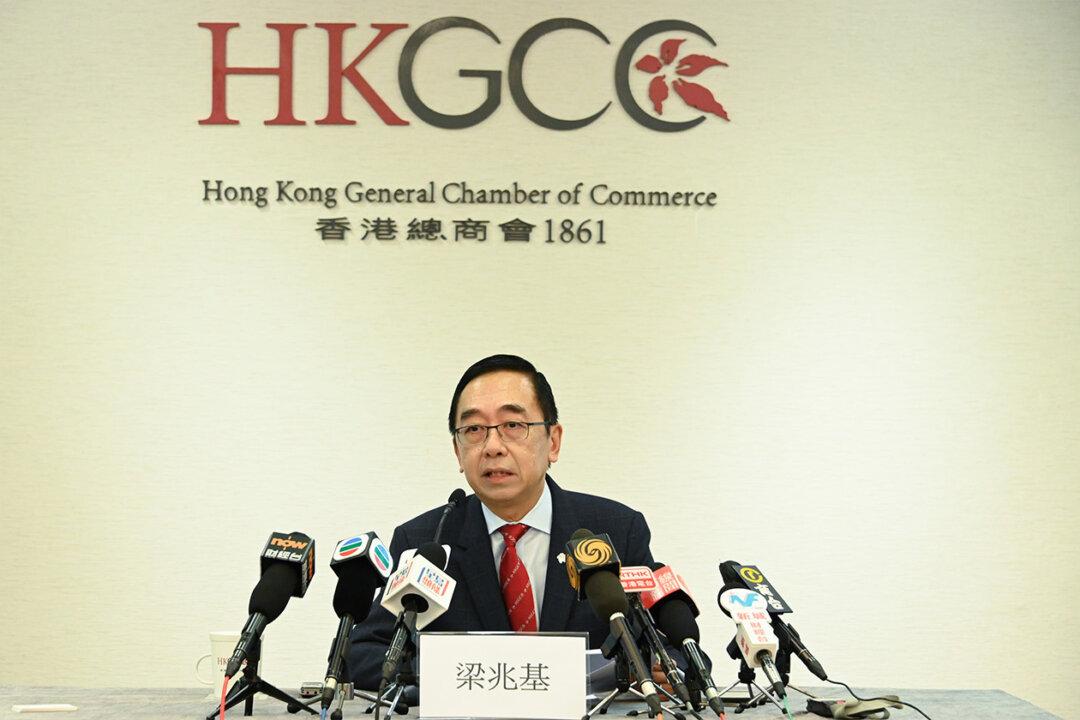The Hong Kong General Chamber of Commerce released the results of its Talent Shortage Survey 2023 on June 6, which found 74 percent of surveyed companies facing a talent shortage issue. And 21 percent of them had relocated some or all business operations from Hong Kong.
About 45 percent of the surveyed companies agreed that broadening and simplifying the existing talent admission schemes would help attract more non-local talents to Hong Kong.




